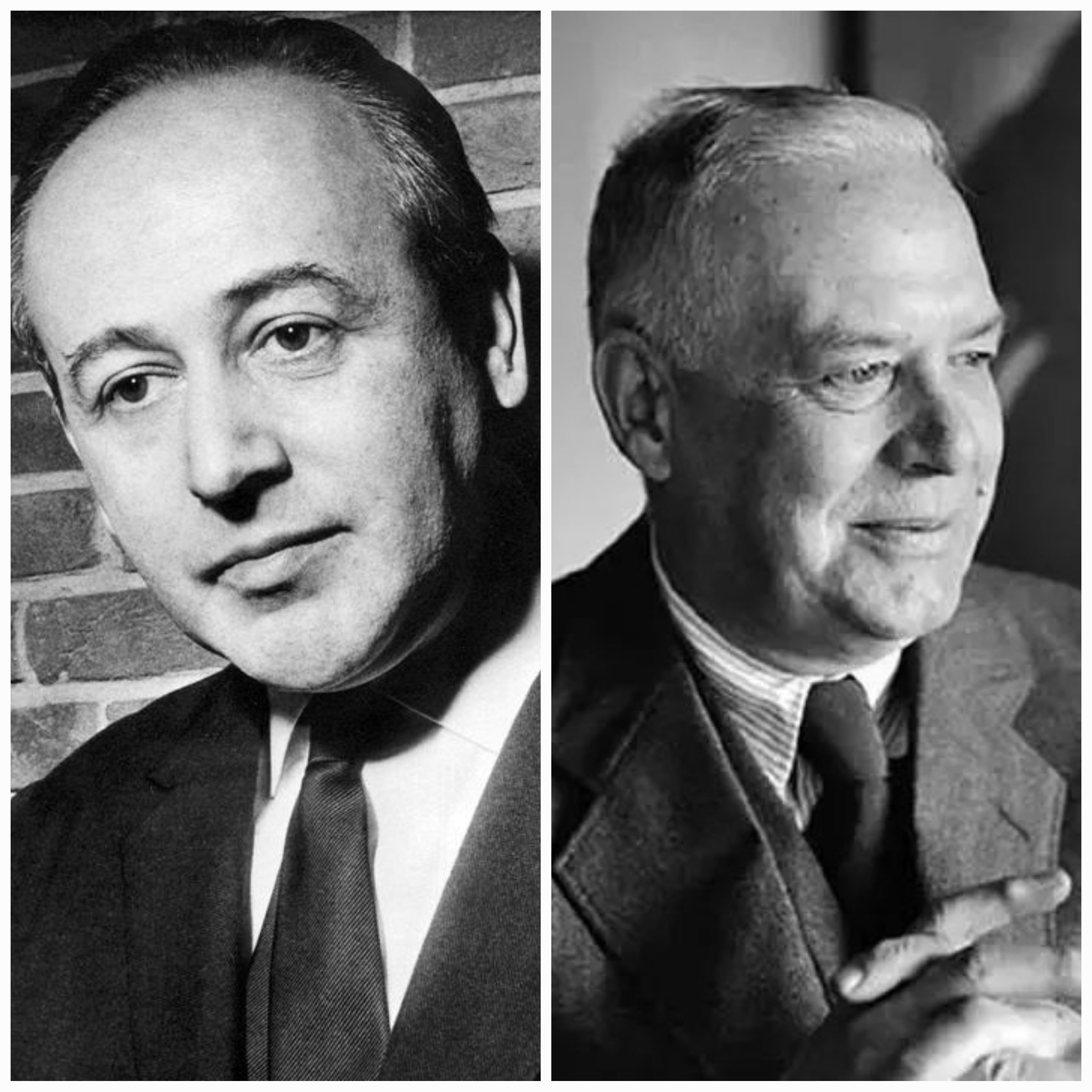Ardakh Nurgaz. Returning the language to the matter

Man creates meaning through language. It gives meaning to matter. That meaning has a two-sided quality.
In the poem "The Waste Land" by T.S. Eliot, there are excerpts from the works of more than fifty authors along with the poet's original work. The difference here is that instead of the full text of the traditional narrative, the poet used excerpts from those works, thus absorbing the subjective meaning into the objective or matter.
Translated by Bayan Ardakh
1. T.S. Eliot. The Waste Land
The Burial of the Dead
...
Unreal City,
Under the brown fog of a winter dawn,
A crowd flowed over London Bridge, so many,
I had not thought death had undone so many.
Sighs, short and infrequent, were exhaled,
And each man fixed his eyes before his feet.
Flowed up the hill and down King William Street,
To where Saint Mary Woolnoth kept the hours
With a dead sound on the final stroke of nine.
There I saw one I knew, and stopped him, crying: “Stetson!
“You who were with me in the ships at Mylae!
“That corpse you planted last year in your garden,
“Has it begun to sprout? Will it bloom this year?
“Or has the sudden frost disturbed its bed?
“Oh keep the Dog far hence, that’s friend to men,
“Or with his nails he’ll dig it up again!
“You! hypocrite lecteur!—mon semblable,—mon frère!”
2. Paul Celan. Thread Suns
Thread suns
above the grey-black wilderness.
A treehigh
thought
tunes in to light's pitch: there are
still songs to be sung on the other side
of mankind.
3. Wallace Stevens. Earthy Anecdotes
Every time the bucks went clattering
Over Oklahoma
A firecat bristled in the way.
Wherever they went,
They went clattering,
Until they swerved,
In a swift, circular line,
To the right,
Because of the firecat.
Or until they swerved,
In a swift, circular line,
To the left,
Because of the firecat.
The bucks clattered.
The firecat went leaping,
To the right, to the left,
And
Bristled in the way.
Later, the firecat closed his bright eyes
And slept.
